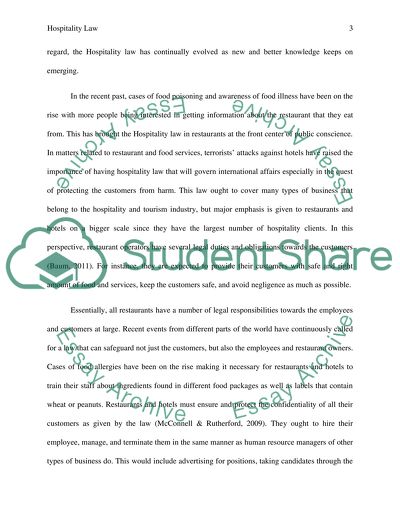Cite this document
(“Iegal concept working in restaurant Term Paper Example | Topics and Well Written Essays - 2000 words”, n.d.)
Iegal concept working in restaurant Term Paper Example | Topics and Well Written Essays - 2000 words. Retrieved from https://studentshare.org/law/1640756-iegal-concept-working-in-restaurant
Iegal concept working in restaurant Term Paper Example | Topics and Well Written Essays - 2000 words. Retrieved from https://studentshare.org/law/1640756-iegal-concept-working-in-restaurant
(Iegal Concept Working in Restaurant Term Paper Example | Topics and Well Written Essays - 2000 Words)
Iegal Concept Working in Restaurant Term Paper Example | Topics and Well Written Essays - 2000 Words. https://studentshare.org/law/1640756-iegal-concept-working-in-restaurant.
Iegal Concept Working in Restaurant Term Paper Example | Topics and Well Written Essays - 2000 Words. https://studentshare.org/law/1640756-iegal-concept-working-in-restaurant.
“Iegal Concept Working in Restaurant Term Paper Example | Topics and Well Written Essays - 2000 Words”, n.d. https://studentshare.org/law/1640756-iegal-concept-working-in-restaurant.


